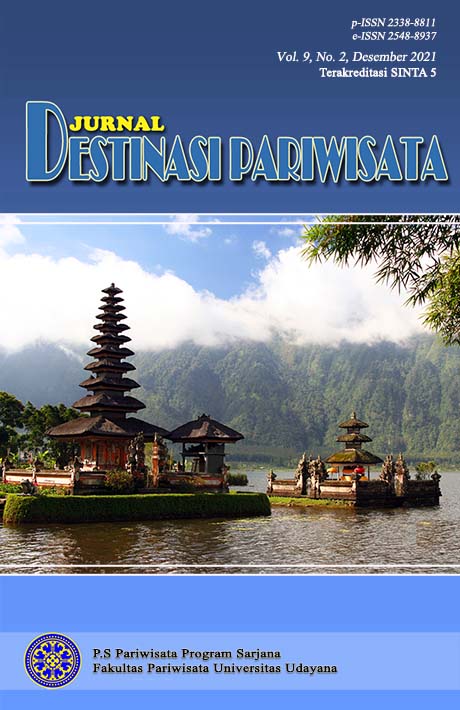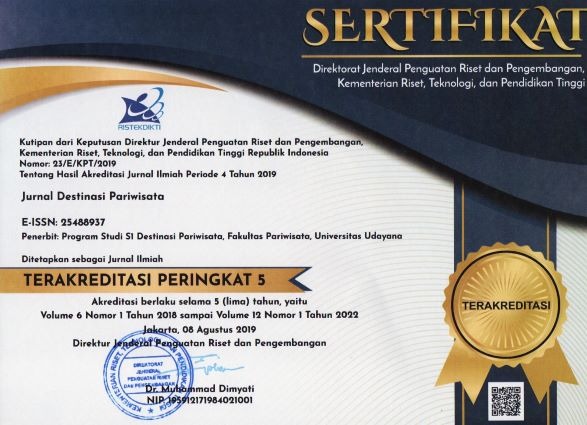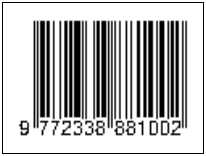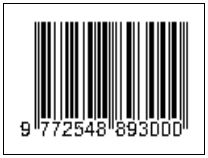Upaya Pengembangan Subak Juwuk Manis Sebagai Wisata Trekking Di Kawasan Wisata Ubud, Kabupaten Gianyar
Abstract
This research is related to packaging trekking packages in Ubud Village, namely in Subak Juwuk Manis and Sok Wayah. Ubud is a village in Gianyar Regency. Ubud Village is the best tourism destination in Bali. Many foreign tourists come to visit Ubud village. One of the tourism potentials in Ubud Village is a very beautiful rice field area. Many tourists walk to the rice fields for refreshing. This is the reason for management is needed related to trekking packaging a comfortable and safe for tourists
The type of data in this research is qualitative and quantitative data sourced from primary and secondary data. Data collection was carried out by interview and literature study. Determination of informants in this study begins with determining the first informant and key informants. The data analysis technique of this research is descriptive qualitative analysis. The packaging of trekking tours in Subak Juwuk Manis is seen from several aspects ranging from branding, trekking paths, regulations, clothing, food and beverages, souvenirs, and equipment. the economic impact is felt by local people who sell around the trekking route. The advice needed is to improve public facilities such as trash cans so that the juwuk manis subak is kept clean.
Keyword: trekking packaging, and economic impact
Downloads









